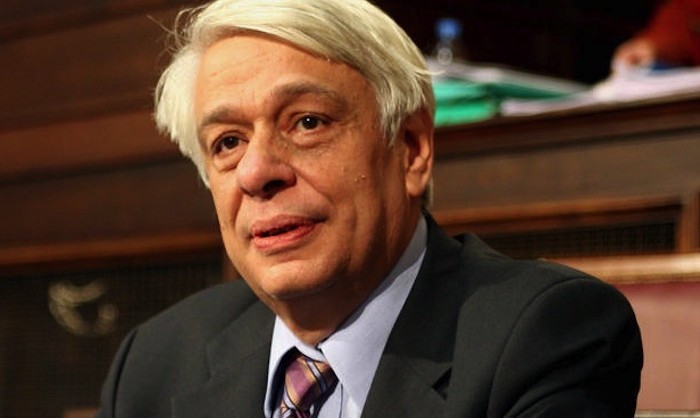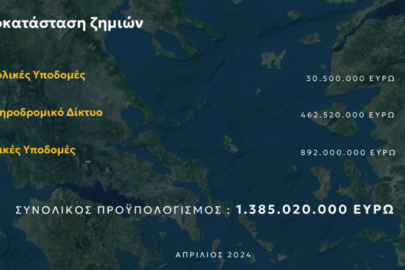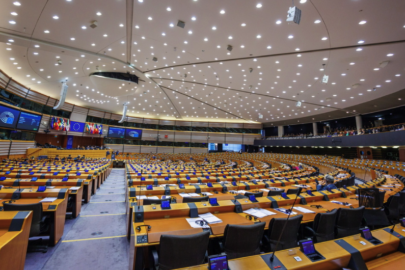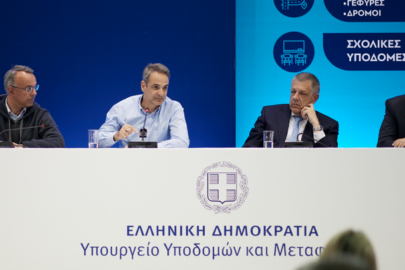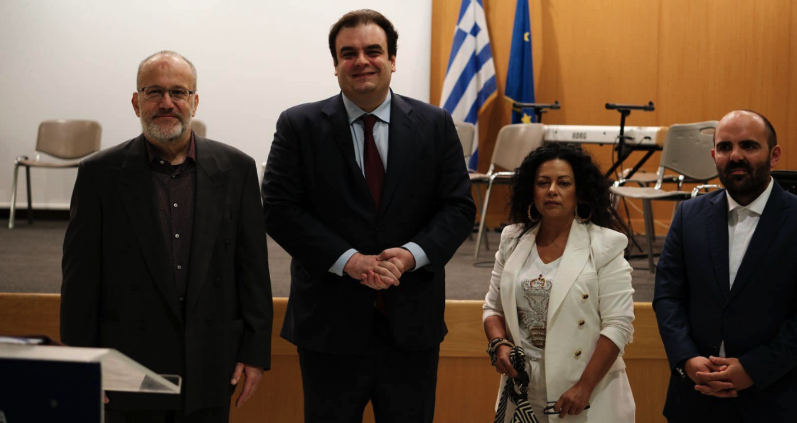The European Union must exist with one face and in one speed, otherwise it cannot exist at all, President Prokopis Pavlopoulos said in an interview with CNN and Christiane Amanpour, which aired on Thursday.
Pavlopoulos was responding to a question about the Brexit and its effects and whether it is possible to create a two-speed Europe instead, like Hungary has suggested.
“Europe cannot be like Janus – to remind you the ancient tradition of the Romans. If Europe becomes a Janus, it will just be a loose union of states but then it will have failed to defend the reasons for which it was created. I remind you why Europe was created: So that we don’t relive the nightmares of the Second World War. And this presupposes a Europe where there’s solidarity and equality,” Pavlopoulos said.
“We must defend this and we cannot do that with two gears. You cannot be a little of very European. Either you’re European or you’re not.”
Answering to whether Europe has failed to come up with a solid plan to tackle migration, the President said it took the Union too long to act, although the signs were there from the beginning of the war in Syria.
When asked about the view expressed by Nobel Prize-winning U.S. economist Paul Krugman, that Greece might be better off if it exited the Eurozone, Pavlopoulos rejected the claim, saying that this would create huge economic problems to the country.
“I honestly disagree with him on this issue because, first, Greece outside the Eurozone would face huge economic problems. Once you’re inside the Eurozone you have to follow this road. You will try to be better, to make the Eurozone fairer. Have a common economic policy, common institutional bases. If you leave the Eurozone under these conditions, the dangers are much greater,” he said.
Asked about the three bailout programs for Greece and why there are so many delays, the President said mistakes were made by both Greece and its lenders during these past six years which have resulted in a deep recession.
“Without underestimating our mistakes which are present, I want to note something I have told my counterparts: In Greece, some of the reforms were imposed too quickly. I will not use the word “aggressively”, maybe it’s not appropriate. However they were attempted too swiftly. You know, a nation, a society, needs some time to adjust to such reforms, many of which were included in the first and second memorandum and were not always in the right direction,” he noted.
Europe must exist with one face or it won’t exist, President tells CNN
“You cannot be a little of very European. Either you’re European or you’re not”, he said

